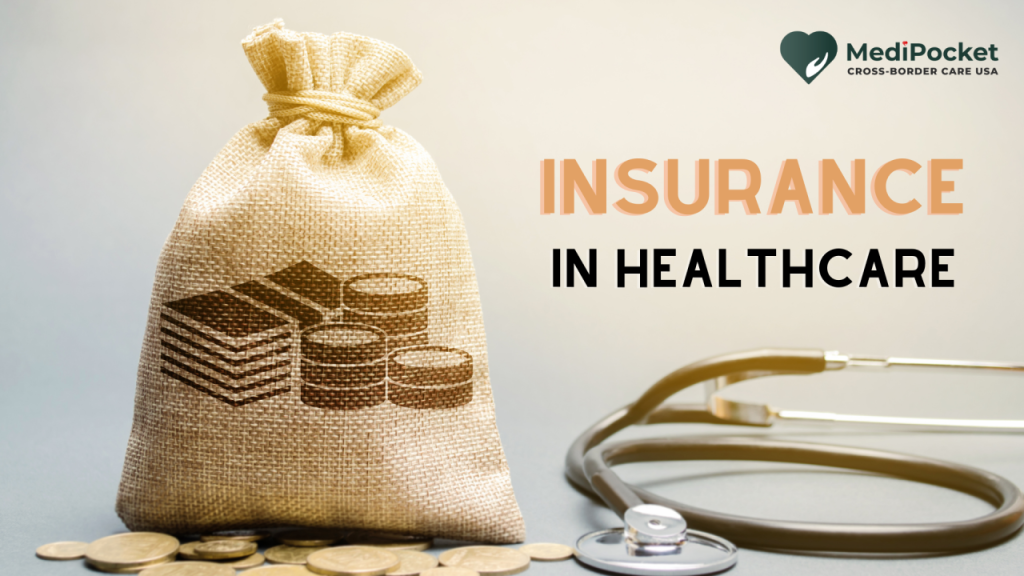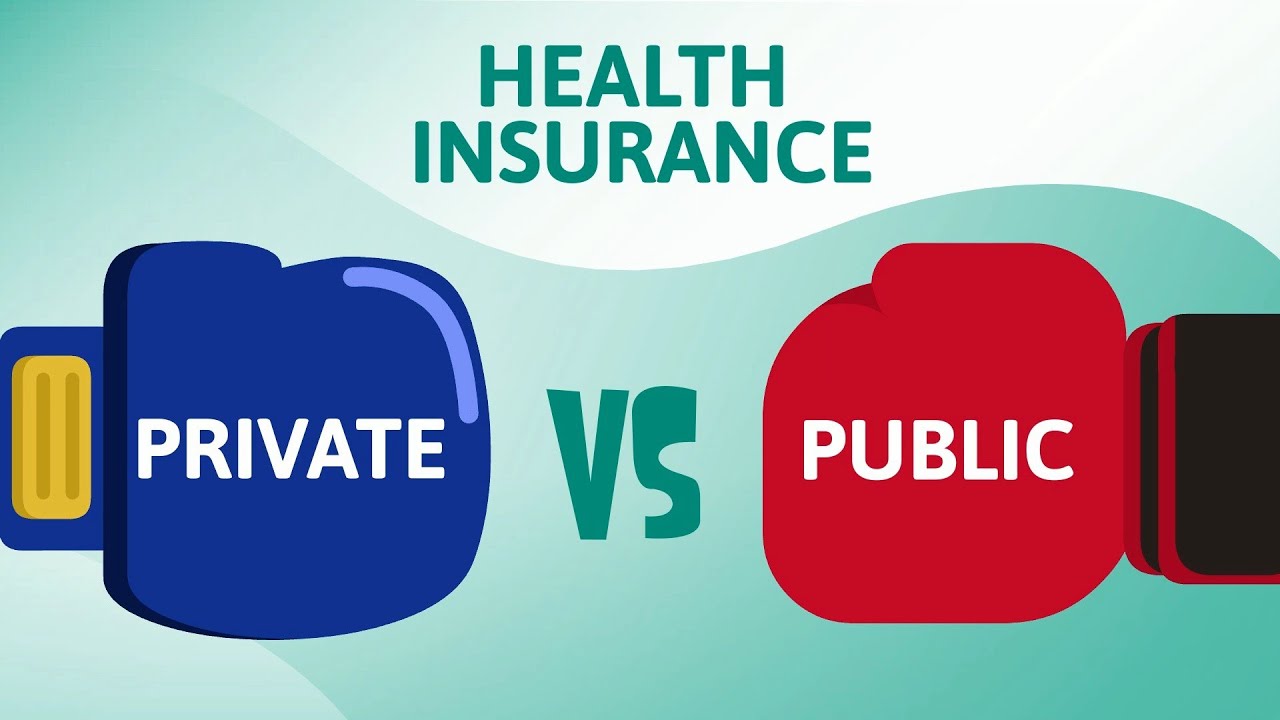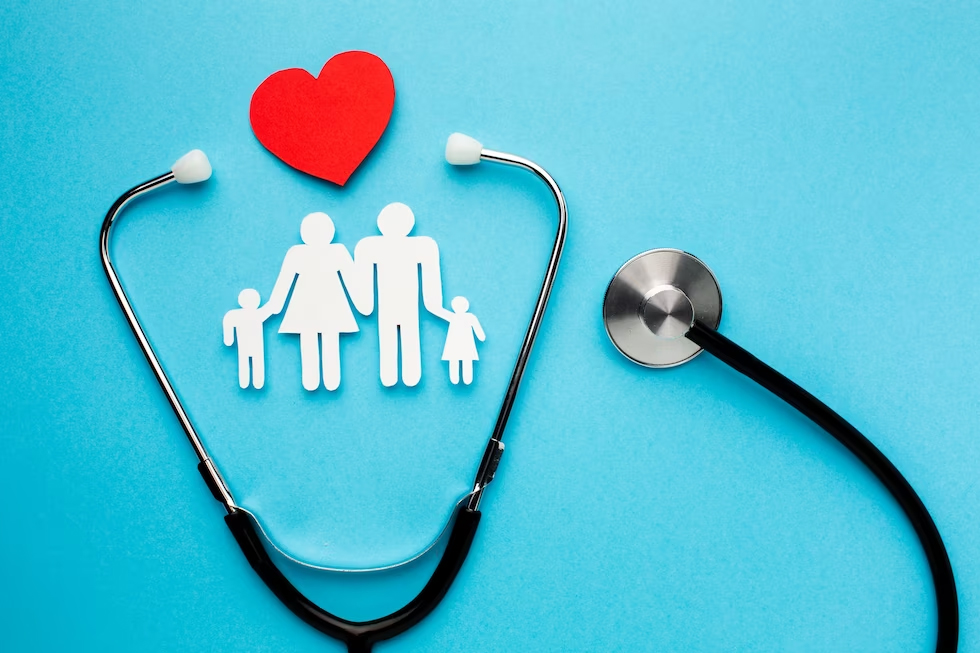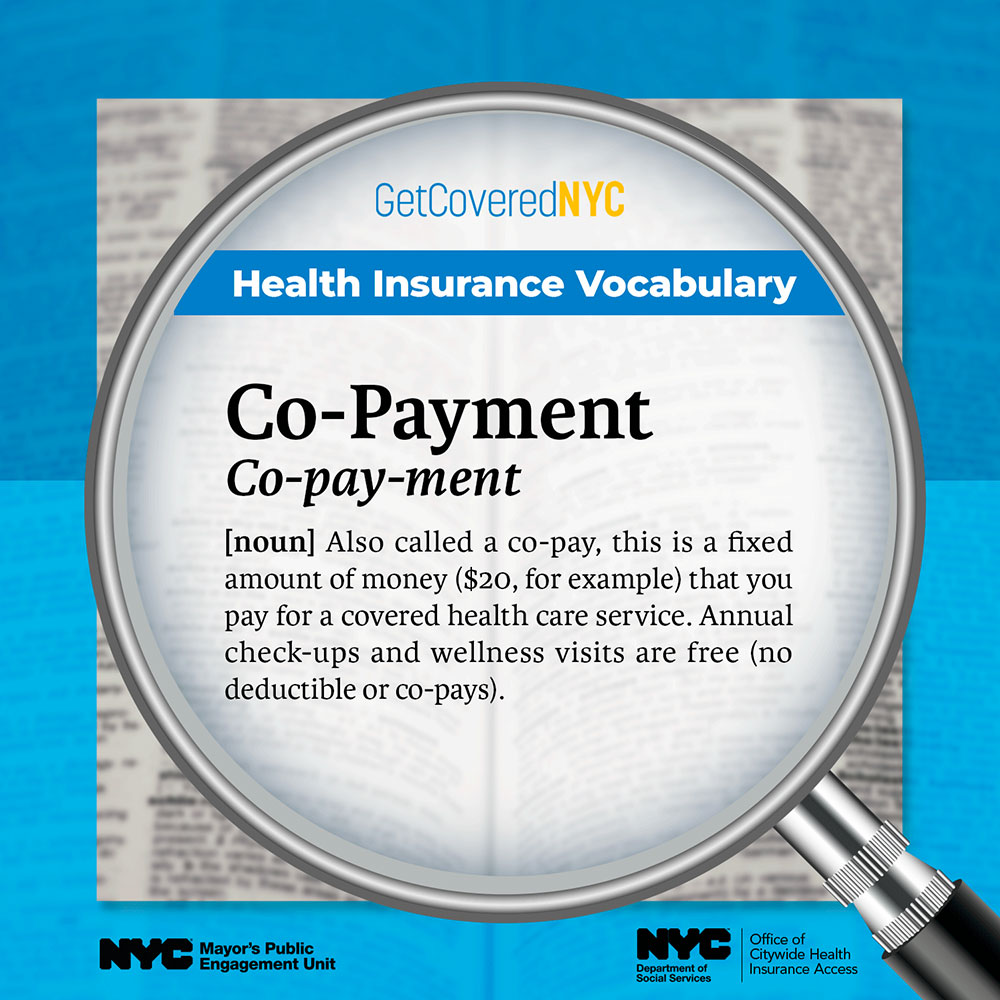Health insurance plays a critical role in protecting individuals and families from the high costs of medical care. Without proper coverage, even a minor health issue can turn into a financial burden, leading to unexpected expenses, debt, or worse, bankruptcy. The rising costs of healthcare make it essential for everyone to have some form of health insurance to avoid financial crises.
In this blog post, we’ll explore how health insurance helps prevent financial disasters, the potential consequences of going uninsured, and why having the right coverage is crucial for both your health and financial well-being.
Rising Healthcare Costs: A Threat to Financial Stability
Healthcare expenses have been steadily increasing over the years. Medical advancements and higher demand for services contribute to the rising cost of care, making even routine doctor visits or minor surgeries expensive. Without health insurance, paying for these services out of pocket can quickly deplete your savings or push you into debt.
According to recent studies, medical bills are one of the leading causes of personal bankruptcy in the United States. Even individuals with substantial savings or a steady income can be financially crippled by a significant illness or accident. Health insurance serves as a safety net, covering a significant portion of medical costs and helping individuals avoid financial ruin.
How Health Insurance Prevents Financial Crises
Health insurance protects you from high healthcare costs by sharing the financial responsibility for medical services. Here’s how health insurance can help prevent a financial crisis:
1. Covers Major Medical Expenses
One of the biggest advantages of health insurance is that it covers major medical expenses, such as hospitalizations, surgeries, and emergency care. If you don’t have insurance, a single hospital stay or surgery can cost tens of thousands of dollars, potentially wiping out your savings.
With health insurance, you are only responsible for a portion of the costs, typically in the form of copays, coinsurance, and deductibles. The insurance company covers the bulk of the expenses, ensuring that you don’t have to bear the full financial burden alone.
2. Protects Against Unexpected Medical Emergencies
Life is unpredictable, and medical emergencies can happen at any time. Whether it’s an accident, a sudden illness, or a chronic condition that worsens, having health insurance ensures that you can receive the care you need without hesitation. Without insurance, many people delay or avoid treatment due to the fear of high costs, which can lead to more severe health issues and even higher medical bills in the future.
Health insurance gives you the peace of mind that if something unexpected happens, you won’t be financially devastated by the cost of emergency services.
3. Provides Access to Preventive Care
Health insurance often covers preventive services, such as routine checkups, vaccinations, and screenings, at no additional cost. Preventive care can help catch health problems early, before they become serious and costly to treat. For example, regular screenings for conditions like diabetes or high blood pressure can help prevent the need for expensive medications or procedures later on.
By accessing preventive care through health insurance, you not only protect your health but also save money in the long run by avoiding expensive treatments for conditions that could have been detected earlier.
4. Helps Manage Chronic Conditions
For individuals with chronic conditions such as diabetes, heart disease, or asthma, regular medical care and medication are essential to managing their health. Without health insurance, the cost of these ongoing treatments can quickly become overwhelming, leading to missed doctor visits or skipped medications, which can result in a worsening of the condition.
Health insurance ensures that individuals with chronic conditions can afford the care and medications they need, preventing their condition from deteriorating and leading to more serious (and costly) health complications.
5. Caps Out-of-Pocket Expenses
Most health insurance plans include an out-of-pocket maximum, which is the most you’ll have to pay for covered services in a given year. Once you reach this limit, your insurance covers 100% of your medical costs for the rest of the year. This cap protects you from overwhelming expenses, even if you require extensive medical care.
Without health insurance, there is no limit to how much you could spend on medical bills in a year. One major illness or accident could result in medical bills that exceed your ability to pay, leading to debt or bankruptcy.
The Consequences of Going Uninsured
Despite the importance of health insurance, many people still choose to go without coverage, either because they believe they are healthy enough to not need it, or because they see it as an unnecessary expense. However, the risks of going uninsured far outweigh the perceived short-term savings. Here are some potential consequences:
- Limited Access to Care: Without health insurance, you may find it difficult to access necessary medical care. Many healthcare providers require payment upfront or may charge uninsured patients higher rates than those with insurance.
- Delayed Treatment: Uninsured individuals often delay seeking medical care due to the fear of high costs. This delay can result in the worsening of health conditions, making treatment more expensive and less effective.
- Financial Ruin: As mentioned earlier, medical bills are a leading cause of personal bankruptcy. A single medical emergency can result in thousands of dollars in debt, which can take years to pay off.
Why Having the Right Health Insurance Is Important
While having any form of health insurance is better than going uninsured, it’s important to choose the right plan to suit your needs. Different health insurance plans offer varying levels of coverage, and selecting a plan that aligns with your health needs and financial situation is crucial.
When choosing a plan, consider factors such as:
- Premiums: The monthly cost of maintaining your coverage.
- Deductibles and Copays: The amount you’ll pay out of pocket before your insurance kicks in.
- Network: The healthcare providers and hospitals included in your insurance network.
- Coverage: What types of medical services are covered, including preventive care, emergency services, and prescription medications.
It’s important to strike a balance between affordable premiums and comprehensive coverage. A cheaper plan might save you money on premiums, but it could also leave you with higher out-of-pocket costs when you need care.
Conclusion: Health Insurance as a Financial Safety Net
Health insurance is an essential tool for protecting both your health and your financial future. By covering major medical expenses, providing access to preventive care, and capping out-of-pocket costs, health insurance helps prevent financial crises that can arise from unexpected medical bills.
While going uninsured might seem like a way to save money, the potential costs of a medical emergency or chronic condition can far exceed any short-term savings. By securing the right health insurance plan, you can safeguard yourself and your family from financial hardship and ensure access to the care you need.




